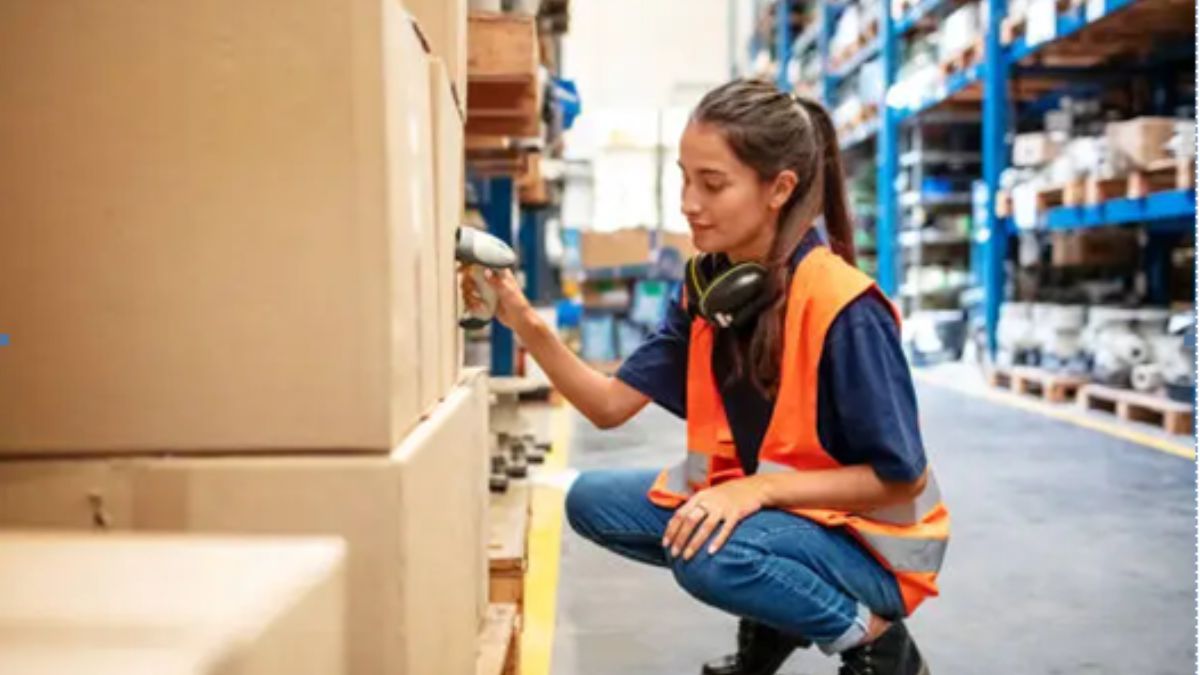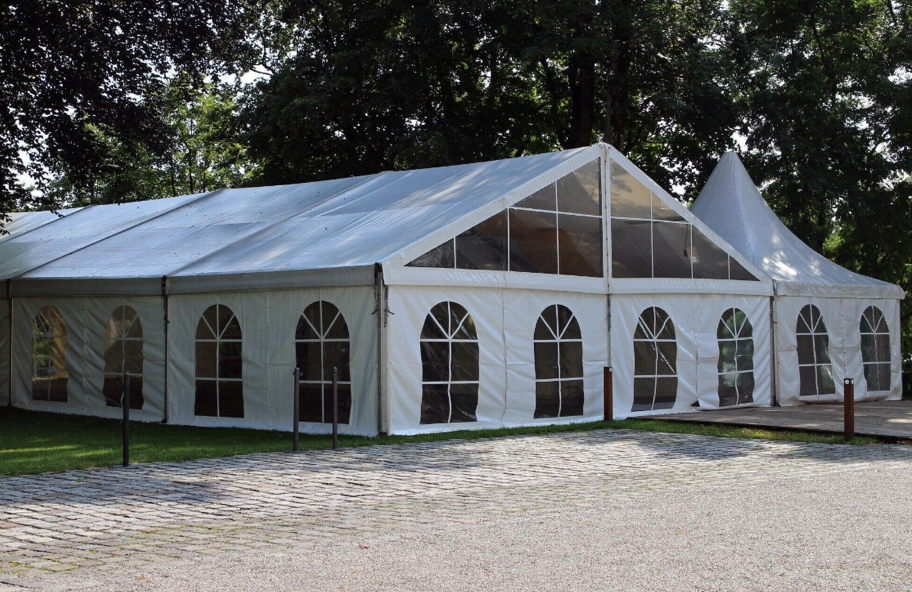Setting up a DIY 3D press workshop is an exciting venture for hobbyists, inventors, and makers alike.
Whether you want to prototype innovative designs, create custom parts, or explore the fascinating world of additive manufacturing, having the right tools and materials is essential.
In this article, we will guide you through the must-have equipment and materials for a fully functional and efficient DIY 3D press workshop.
Core Tools for Your DIY 3D Press Workshop
Starting a DIY 3D press workshop requires the right tools to ensure precision, efficiency, and quality in your projects.
3D Printer
At the heart of any DIY 3D press workshop is the 3D printer itself. When choosing a 3D printer, consider factors like:
- build volume
- material compatibility
- resolution
Popular models like the Creality Ender series and Prusa i3 MK3 are great starting points due to their affordability and reliability. For advanced users, industrial-grade printers may offer additional precision and features.
3D Scanner for 3D Printer Integration
A 3D scanner for 3D printer workflows is an invaluable tool for reverse engineering and replicating objects. By scanning physical items, you can create accurate digital models that can be edited and printed.
This tool is especially useful for creating replacements for broken parts or enhancing pre-existing designs. Entry-level scanners like the Revopoint POP 2 or professional-grade devices such as the Einscan series can suit various budgets and needs.
Computer and CAD Software
Every DIY 3D press workshop needs a powerful computer capable of running CAD (Computer-Aided Design) software. Programs like Fusion 360, Tinkercad, or Blender allow you to design 3D models from scratch or refine scanned objects.
For beginners, free software like Tinkercad provides an intuitive interface to learn the basics, while advanced software enables more complex designs.
Filament Dryer
Humidity can wreak havoc on your 3D printing materials. A filament dryer ensures that your filaments remain moisture-free, resulting in smoother prints and better layer adhesion. This tool is particularly crucial for materials like nylon and PETG, which are highly sensitive to moisture.
Supporting Tools and Equipment
In addition to core tools, supporting equipment is crucial for enhancing the functionality and versatility of your DIY 3D press workshop.
Soldering Iron and Heat Gun
These tools are indispensable for assembling custom electronics or repairing components in your workshop. A soldering iron helps with wiring tasks, while a heat gun is perfect for smoothing out edges or reshaping thermoplastics.
Workbench and Storage
An organized workspace enhances productivity. Invest in a sturdy workbench with ample surface area for assembling creative 3D projects and a well-organized storage system for tools and materials. Modular storage bins and labeled drawers can keep your workshop clutter-free.
Calipers and Measuring Tools
Precision is key in 3D printing. Digital calipers are essential for measuring the dimensions of your parts to ensure they match your design specifications. Additionally, rulers and protractors can be helpful for quick measurements.
Safety Gear
Never overlook safety when working in your homemade 3D press workshop. Equip yourself with protective goggles, gloves, and a respirator to shield against fumes and debris. For workshops with laser engravers or cutters, invest in safety-rated laser goggles.
Materials for Your DIY 3D Press Projects
From plastics to metals, understanding the properties of various materials will allow you to select the best options for your creative needs and design goals.
Filaments
Filaments are the raw material for your 3D printer. Common types include:
- PLA (Polylactic Acid)
- ABS (Acrylonitrile Butadiene Styrene)
- PETG (Polyethylene Terephthalate Glycol)
- Specialty Filaments
Ensure your printer supports the type of filament you plan to use, as each material has specific temperature requirements.
Resins
For resin-based printers, UV-sensitive resins are the primary material. These resins come in various formulations, such as standard, tough, and flexible. Always handle resins carefully, as they can be toxic if not used properly.
Adhesives and Paints
Adhesives like super glue or epoxy are useful for assembling multiple parts. Also, acrylic or spray paints can finish your creative 3D projects. They make them look nice.
Advanced Tools for Professional-Level Workshops
Those seeking to elevate their workshop need advanced tools. They are key to achieving professional-grade precision and efficiency.
Laser Cutter or Engraver
A laser cutter adds versatility to your homemade 3D press workshop by enabling you to cut or engrave materials like wood, acrylic, and leather. This tool can complement 3D printing by creating additional components or decorative details.
CNC Machine
CNC (Computer Numerical Control) machines allow you to mill, carve, or drill materials with high precision. While not essential for every workshop, CNC machines are invaluable for advanced users who work with metal or wood.
Curing and Washing Stations
For resin-based printing, curing and washing stations automate the post-processing steps. They clean and cure your prints. This makes them more durable and attractive.
Tips for Setting Up Your DIY 3D Press Workshop
Setting up a homemade 3D press workshop needs careful planning. It must be a functional, organized space for your creative 3D projects. With the right layout, tools, and equipment, you can optimize your workshop. It will be more efficient and successful. You can then bring your 3D designs to life more easily.
Choose the Right Location
Select a well-ventilated area with enough space to accommodate your equipment and materials. Proper ventilation is crucial for handling fumes from certain materials or resins.
Plan for Electrical Needs
Ensure your workshop has enough power outlets. Use surge protectors to safeguard your equipment. High-power tools like 3D printers, CNC machines, and laser cutters may require dedicated circuits.
Maintain Your Tools
Regular maintenance ensures your tools remain functional and efficient. Clean your 3D printer’s nozzles, lubricate moving parts, and replace worn components as needed. Similarly, keep your workspace tidy to reduce wear and tear on tools.
Start Your DIY 3D Press Journey Today
Creating a DIY 3D press workshop is a rewarding endeavor that opens the door to endless possibilities. With the right tools and materials, you can bring your ideas to life and tackle projects with confidence.
Don’t forget to integrate a 3D scanner for 3D printer workflows to enhance your capabilities. Now is the time to start building your workshop and unleash your creativity.
Feel like you’ve only scratched the surface? Spoiler alert: there’s so much more. Head over to the rest of the site and see for yourself!











